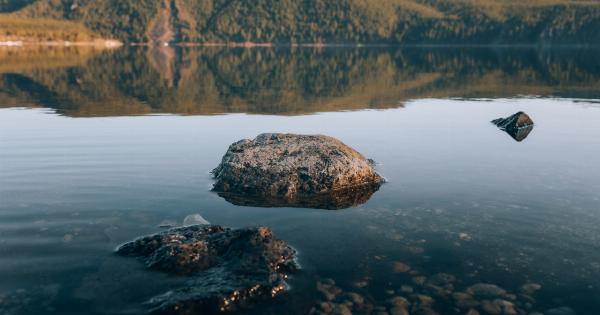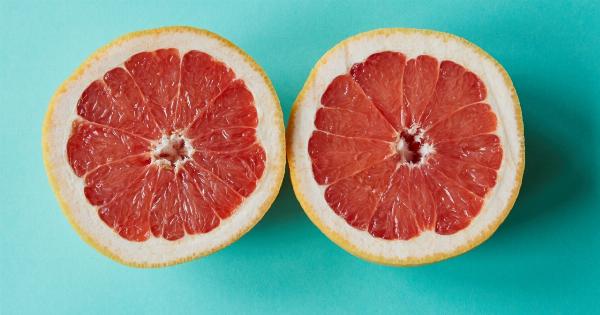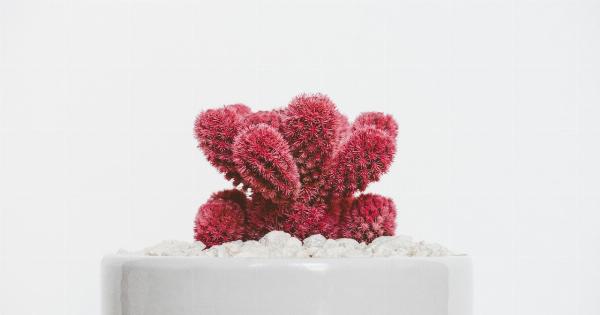Kidney stones are hard deposits of minerals and salts that form in the kidneys. They can range in size from a tiny grain of sand to a larger stone that can be several centimeters in diameter.
Kidney stones can be extremely painful and can cause a variety of symptoms and complications if left untreated. In this article, we will explore everything you need to know about kidney stones, including their causes, symptoms, treatment options, and prevention methods.
Causes of Kidney Stones
Kidney stones can form when there is an imbalance in the levels of substances such as calcium, oxalate, and uric acid in the urine. These imbalances can cause crystals to form, which can then grow into stones over time.
Several factors can contribute to the development of kidney stones, including:.
- Diet: Consuming a diet high in sodium, oxalate, and animal protein can increase the risk of kidney stone formation.
- Dehydration: Inadequate fluid intake can lead to concentrated urine, making it easier for minerals to crystallize and form stones.
- Family history: Some people may be genetically predisposed to developing kidney stones.
- Medical conditions: Certain medical conditions such as urinary tract infections, gout, and certain metabolic disorders can increase the risk of stone formation.
Symptoms of Kidney Stones
The symptoms of kidney stones can vary depending on the size and location of the stone. Some common symptoms include:.
- Severe pain: The most common symptom of kidney stones is intense pain that radiates from the back or side to the lower abdomen and groin. The pain can come in waves and may vary in intensity.
- Blood in the urine: Stones in the urinary tract can cause blood to appear in the urine, giving it a pink, red, or brown color.
- Frequent urination: People with kidney stones may experience a persistent need to urinate, accompanied by a sense of urgency.
- Nausea and vomiting: Some individuals may experience nausea and vomiting, especially if the stone causes a blockage in the urinary tract.
Treatment Options for Kidney Stones
The treatment for kidney stones depends on their size, location, and the severity of symptoms. In some cases, small kidney stones can be passed naturally through urine with the help of pain medications and increased fluid intake.
However, larger stones or stones that cause severe pain may require medical intervention. Some common treatment options include:.
- Medications: Certain medications can help facilitate the passage of smaller stones or prevent the formation of new stones in individuals who are prone to recurring kidney stones.
- Extracorporeal shock wave lithotripsy (ESWL): This non-invasive procedure uses sound waves to break larger stones into smaller fragments, making them easier to pass through the urinary tract.
- Ureteroscopy: In this procedure, a thin tube with a camera is inserted into the urethra and bladder to visualize the stone. The stone can then be removed or fragmented using specialized tools.
- Percutaneous nephrolithotomy: This surgical procedure is recommended for large stones or stones that cannot be effectively treated with other less invasive methods. It involves making a small incision in the back and using specialized instruments to remove the stone.
Prevention of Kidney Stones
Preventing kidney stones is essential for individuals who have a history of stone formation or are at an increased risk. Here are some prevention methods that can help reduce the likelihood of developing kidney stones:.
- Stay hydrated: Drinking an adequate amount of water can help dilute urine and prevent the minerals from crystallizing and forming stones.
- Follow a balanced diet: Eat a diet low in sodium and animal protein, and moderate in calcium and oxalate. This can help reduce the risk of stone formation.
- Avoid certain foods: Limit the consumption of foods high in oxalate, such as spinach, rhubarb, and chocolate, as they can increase the risk of stone formation.
- Reduce salt intake: High sodium intake can increase the amount of calcium in urine, leading to stone formation. Therefore, it’s important to limit salt consumption.
Conclusion
Kidney stones are a common condition that can cause significant pain and discomfort. Understanding the causes, symptoms, treatment options, and prevention methods can help individuals manage kidney stones effectively.
It is important to consult a healthcare professional for an accurate diagnosis and appropriate treatment plan if you suspect you may have kidney stones.






























